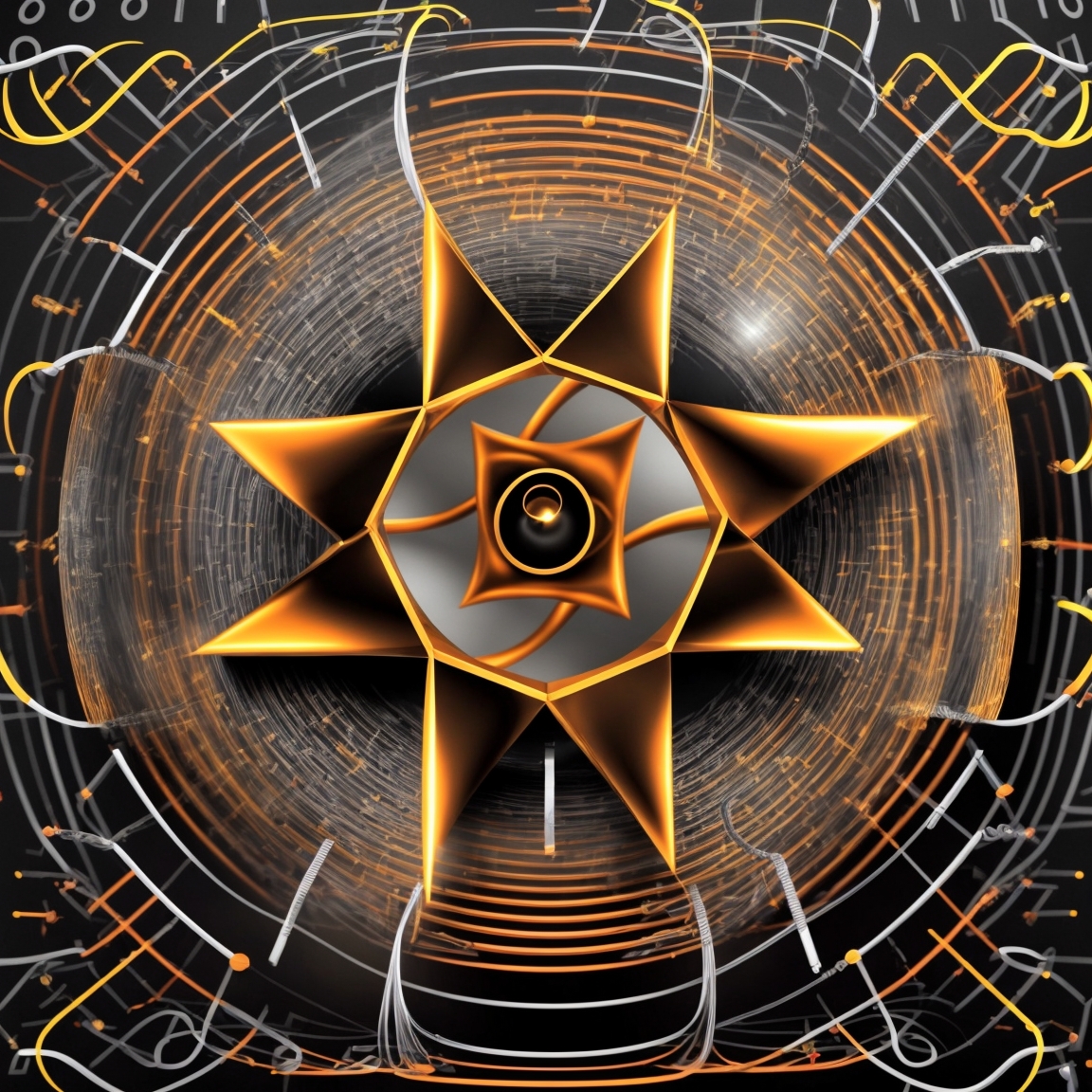Free Will and Fate in Asian Shamanism
Free Will and the Illusion of Choice
In the enigmatic world of Asian shamanism, the concept of free will takes on a unique and intriguing light. Shamans, as intermediaries between the physical and spiritual realms, offer a perspective that challenges our understanding of choice and destiny.
The Dance of Determinism and Divine Intervention
At the heart of Asian shamanic belief lies the understanding that life is a intricate dance between determinism and divine intervention. Every step, every choice, and every outcome is believed to be influenced by supernatural forces. This philosophy, akin to fatalism, suggests that a higher power, be it spirits, ancestors, or gods, guides the unfolding of our lives.
However, it is not a passive acceptance of fate. Shamans believe that through ritual, trance, and communication with the spirit world, one can influence and shape their destiny. It is a delicate balance between predetermined paths and the power of human agency.
The Role of Rituals and Trance
Rituals and trance states are integral to the practice of Asian shamanism. Through these practices, shamans believe they can access the spirit world, gain knowledge, and influence the course of events. By invoking the aid of spirits and ancestors, they seek to bring about healing, harmony, and favorable outcomes for themselves and their communities.
Divination and the Art of Fortune Telling
Divination, or fortune telling, is another essential aspect of Asian shamanic practice. Shamans often use tools such as bones, sticks, or cards to predict future events and offer guidance. This practice reflects the belief that while fate may be predetermined, there is still a degree of flexibility and the potential to influence one’s path.
The Impact of Asian Shamanism on Daily Life
Asian shamanic beliefs have a profound impact on the daily lives and decision-making processes of its adherents. From choosing a career path to selecting a life partner, followers may seek the guidance of shamans to align their choices with their destined path.
This philosophy also offers a sense of comfort and explanation in the face of life’s challenges and tragedies. By attributing events to the will of spirits or the movement of cosmic forces, adherents find meaning and a sense of order in a sometimes chaotic world.
The Ethics of Shamanic Practice
Despite the allure and intrigue of Asian shamanism, it is not without its ethical considerations. The notion of predetermined fate and the influence of divine forces raises questions of personal responsibility and moral agency.
Personal Responsibility and Choice
If fate is believed to be largely predetermined, how does this impact an individual’s sense of responsibility for their actions? Shamanic belief systems must grapple with the question of whether individuals can be held fully accountable for their choices if their actions are guided by divine forces.
The Potential for Manipulation and Exploitation
The power dynamic between shamans and their followers also warrants examination. Shamans, as intermediaries to the spirit world, hold a position of influence and authority. This power dynamic can potentially be exploited, leading to manipulation or abuse.
In conclusion, Asian shamanism presents a fascinating perspective on free will and fate, offering a blend of determinism and divine intervention. While it provides comfort and guidance to its adherents, it also raises complex ethical questions that warrant further exploration and discussion.













































